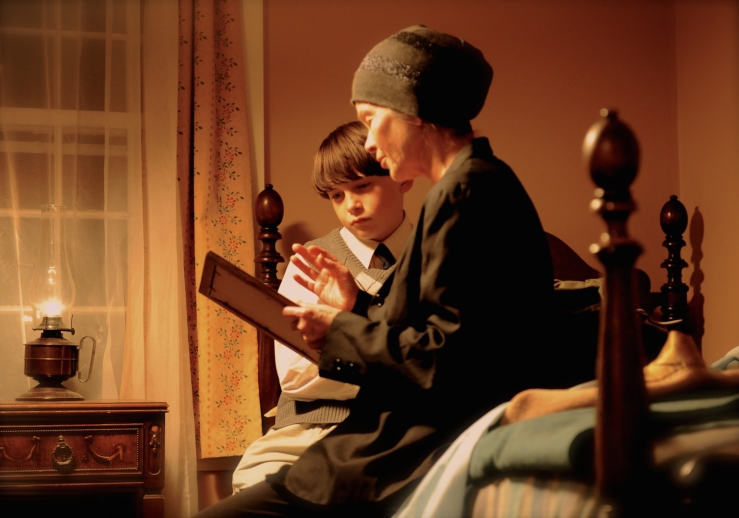I’ve just updated my reading list for 2016. The list isn’t quite as long as in some recent years, but there is some pretty heavy reading in the list.
If I had to pick a few favorites, I would say that the most interesting and useful books were Chemnitz’ Church Order and Loehe’s The Pastor. I had been waiting to get my hands on that work of Chemnitz for years, and while reading the Loehe book, I found myself repeatedly wishing I had access to it ten years ago (especially his advice for pastors just starting out in the ministry). Both of these translations were just published this year.
I re-read Bo Giertz’ The Hammer of God again this year. That’s always a favorite. What strikes me is that it seems like it reads faster and faster every time I read it. I’ve probably ready it six times or more now. See this post on re-reading books.
As far as pure enjoyment, I would have to say that Katie Schuermann’s two books were the most delightful. Every Lutheran should read these, if only to get you warmed up for reading The Hammer of God. Schuermann has said that Giertz’ writing is an inspiration and influence on her own writing. I think it shows.
Here is the complete list:
- Grace Abounds: The Splendor of Christian Doctrine (Daniel Deutschlander)
- House of Living Stones (Katie Schuermann)
- Gathered Guests:A Guide to Worship in the Lutheran Church (Timothy Maschke)
- Grace Upon Grace: Spirituality for Today (John Kleinig) *
- The Hammer of God (Bo Giertz) *
- The Pastor (Wilhelm Loehe)
- The Choir Immortal (Katie Schuermann)
- Theological Commonplaces: On the Law (Johann Gerhard)
- Johann Sebastian Bach and Liturgical Life in Leipzig (Guenther Stiller)
- Praying Luther’s Small Catechism (John Pless)
- The Perfect Game (Terrence Moore)
- Chemnitz’ Works: Church Order (Martin Chemnitz)
- Pride and Prejudice (Jane Austen)
- Letters to an American Lady (C.S. Lewis)
- The Devil Knows Latin: Why America Needs the Classical Tradition (E. Christian Kopff)
- The Lost Arts of Modern Civilization: How to Taste and See the Abundance of Life (Mitchel Kalpakigan)
My book reading stack isn’t as big right now as it has been in previous years, but I’m looking forward to some good reading in A.D. 2017. I’ve already started a re-read of The Brothers Karamazov, and I’m looking forward to finally getting to read de Tocqueville’s Democracy in America. I also have another volume of Gerhard’s Loci coming up.
What was the best book you read in 2016 and what’s on your list for the new year? Leave me a comment.







 Wouldn’t you say that prayer for the “common peace and good government” is still “of very great necessity”? And I’m pretty sure that forgetting to pray is no less a problem today than in 1569.
Wouldn’t you say that prayer for the “common peace and good government” is still “of very great necessity”? And I’m pretty sure that forgetting to pray is no less a problem today than in 1569.
